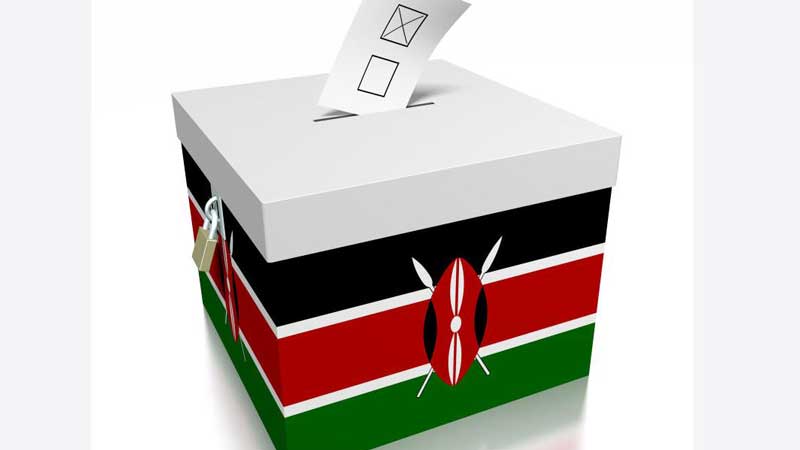×
The Standard e-Paper
Stay Informed, Even Offline

A major constant in Kenya is the pre-occupation with likely election outcomes. Policymakers and experts indulge in a lot of political thinking on how to fix each other some years down the line. They often create institutions like electoral bodies that become targets of disappointed “leaders” and experts.